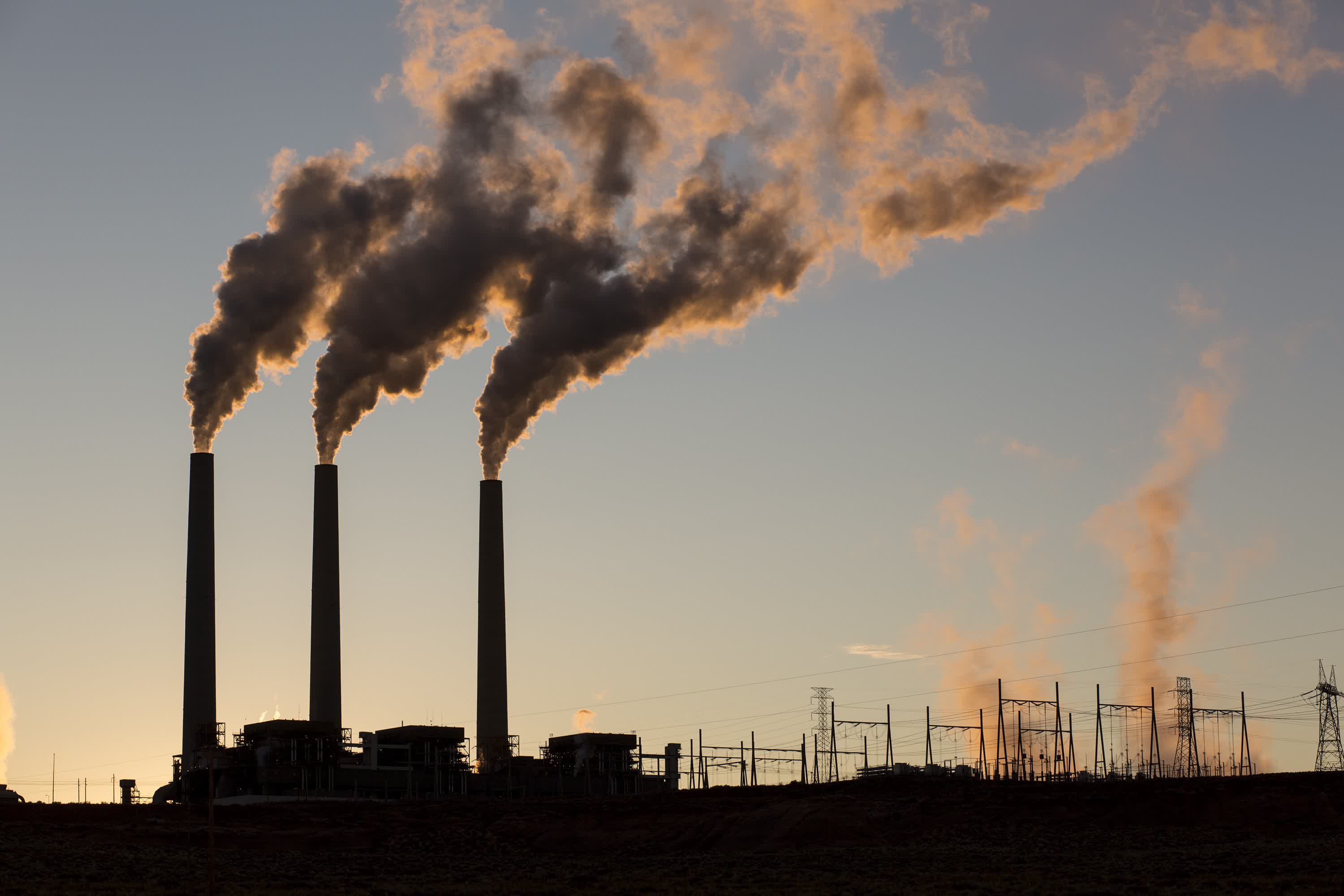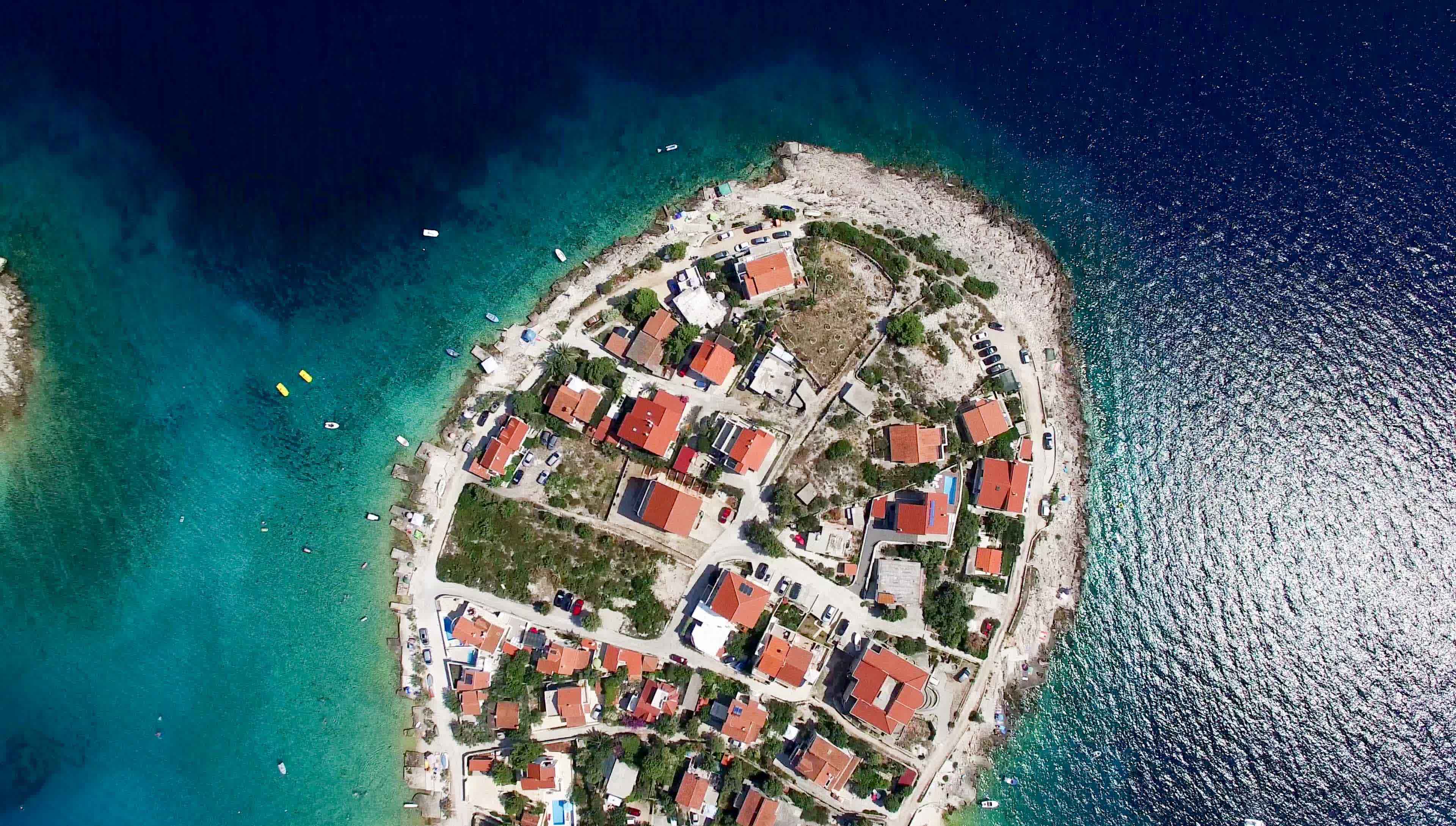Something to look forward to: Croatia has discovered a superhot underground lake that meets all the requirements for a 16 MW geothermal plant. The country hopes to construct one or more geothermal plant facilities at this site within two years, with more exploration and the potential for installing more renewable energy sources on the way.
Croatia's state-run energy company, Bukotermal, has discovered a superhot underground lake at Lunjkovec – Kutnjak field, in the Varazdin County, which meets all the requirements for a 16 MW geothermal plant that could supply clean electricity to tens of thousands of homes across the country's north.
The lake is at a depth of 2.4 kilometers with an average temperature of 142.03 °C, and its discovery is the culmination of a two-year study by the power company seeking to find suitable locations for geothermal power exploitation. 2.5 million Euro has already been invested in the venture; however, according to Bukotermal's CEO, Alen Pozgaj, around 50 million Euros would be required to build the plant.
In recent years, Croatia has been eager to exploit its geothermal resources to end its overreliance on imported energy. The Balkan state is based in a geologically active region known as the Pannonian region, including the Czech Republic, parts of Slovakia, all of Hungary, and Romania.

In this region, water gets hotter as the wells get deeper. According to the Croatian Hydrocarbon Agency (CHA), the geothermal gradient in the Croatian Pannonian area is 60% higher than the European average, making it a perfect area for the developing geothermal business.
In the grand scheme of things, a 16 MW geothermal plant might seem minuscule, but it could be just the beginning for Croatia. Within the EU, Italy is the top geothermal energy producer, boasting a capacity of approximately 915 MW. Globally, the United States takes the lead with an installed geothermal generation capacity of 3,794 MW, which is roughly equivalent to 82 million barrels of oil annually.
CHA believes Croatia's geothermal energy potential exceeds 1 gigawatt (GW). However, the country's geothermal energy capacity is still much lower even though there are already projects for pumping underground hot water to heat entire towns. The government believes that clean electricity can be supplied to one-third of the country by harnessing the energy from hot water pools.
Geothermal energy provides consistent 24/7 power, offering greater reliability than wind and solar sources, as it is less affected by varying weather conditions. However, the expense of drilling wells can be prohibitive, and there's no guarantee that a drilled hole will yield the desired energy output. To address this challenge, Croatia currently utilizes existing wells, which reduces costs and is more attractive to investors.
Bukotermal has six months to figure out how to exploit the discovery, in hopes of building one or more geothermal plant facilities at this site within two years. Croatia imports up to 40% of its energy and aims to produce 60% of its electricity from renewable sources by 2030.
In recent months, the Croatian government has granted five geothermal exploration licenses with the potential to build as many as 21 geothermal wells. The total value of the exploration and project realization amounts to over 400 million Euros.
